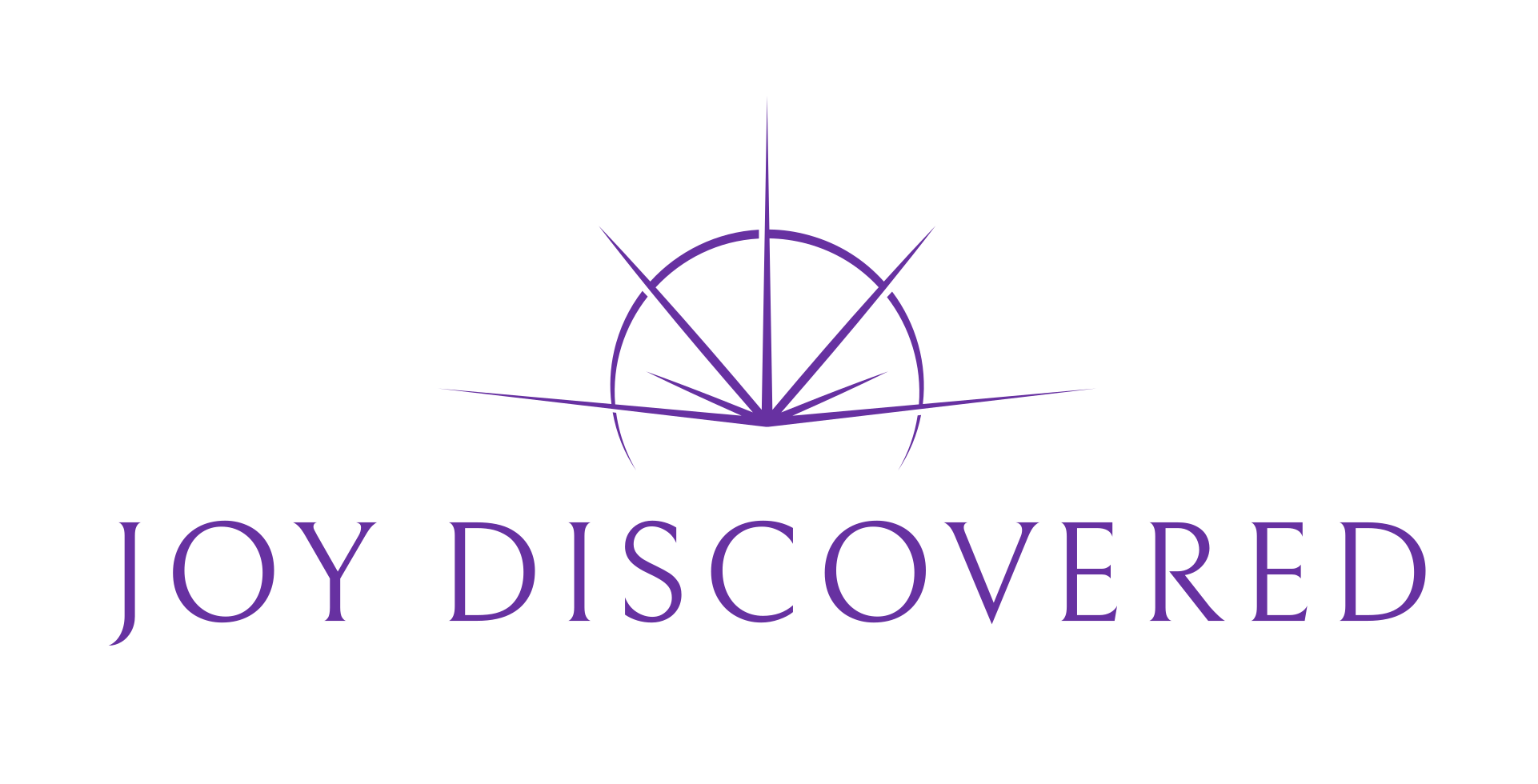4 Ways To Increase Employee Retention With Emotional Intelligence

Looking to increase employee retention, reduce burnout, and achieve high-performance leadership? Research says emotional intelligence is the most effective way to do so. Just ask our friend, Google, and you’ll see vast research citing the huge benefits emotional intelligence has to you, your organization, and your personal life.
I’ll leave the data to Google, and instead, share with you four straightforward ways to increase your emotional intelligence so you can start reaping the rewards of high-performance leadership in both your professional and personal life.
Emotional intelligence is created through four pillars: self-awareness, self-management, others-awareness, and relationship management. To achieve high emotional intelligence, you have to start at the first pillar (self-awareness) and work your way up. Because you can’t effectively influence others, manage conflict in a productive way, and inspire high-performance teamwork if you can’t relate with others. You can’t relate with and understand others if you can’t understand and manage your own feelings, triggers, and motivations. Finally, you can’t manage yourself and live a productive, intentional life if you don’t first know yourself. So let’s start with knowing yourself, which we tackle in the first pillar of emotional intelligence: self-awareness.
EQ Pillar 1: Self-Awareness: Decipher The Message Your Neutral Feelings Are Sending You
One way to increase your self-awareness is to feel your feelings. This is harder than it sounds, as most of us were taught during childhood to hide, numb out, or deny our feelings. Boys were told, “Boys don’t cry,” or “Toughen up” when they expressed sensitive feelings. Girls were told, “Smile and look pretty” or “Don’t be angry. No one wants to work with a bitch.” Many of us grew up in cultures where children were supposed to be seen and not heard.
Or if we had a big emotion that our parents didn’t know how to handle, we may have heard, “You’re sad about not getting invited to Kayla’s party? Here, have a cookie. This will make you feel better!” (And we wonder why so many of us stress-eat.) Or, “Johnny didn’t invite you to his birthday party? Well, let’s go get a new Lego set from the store. That will make you feel better!” (And we wonder why so many of us participate in “retail therapy.”)
To incentivize you to start feeling your feelings, especially if you were trained not to, understand that your feelings aren’t good or bad. Instead, they are neutral messengers. If you feel anger, that may mean there’s something you want to take a stand against. If you feel joy at work, that may mean you’re operating in your zone of genius and should request more similar projects. If you feel sad, that may mean you cared about what you lost and should consider some gentle self-care as you grieve. If you feel resentful, that may mean a boundary needs to be established. If you feel guilt, that may mean something needs to change. What is the message your feeling has for you?
👉 Click HERE for 3 more ways to use emotional intelligence to help you retain employees – from my most recent article in Brainz Magazine






What's your greatest take-away from this blog? Any questions?